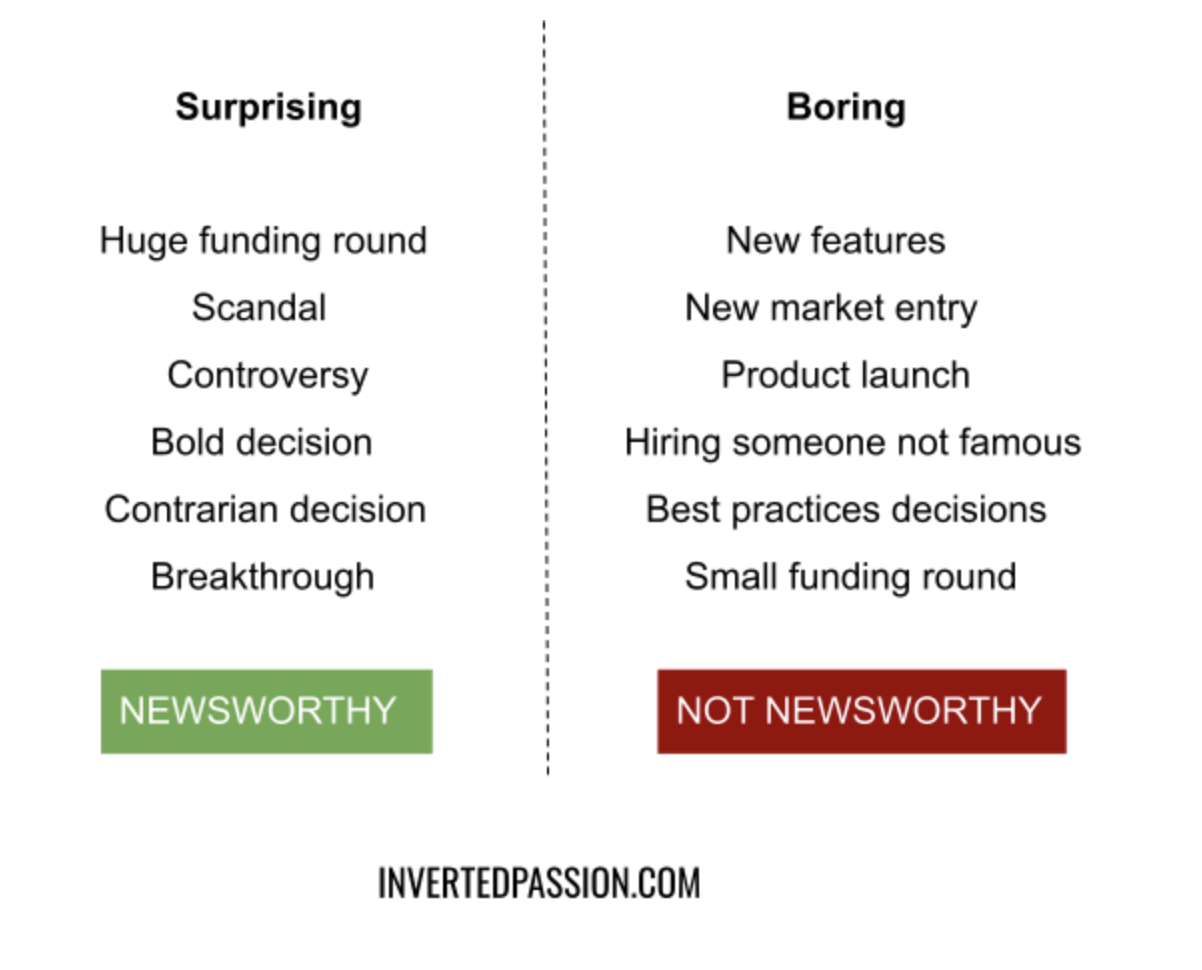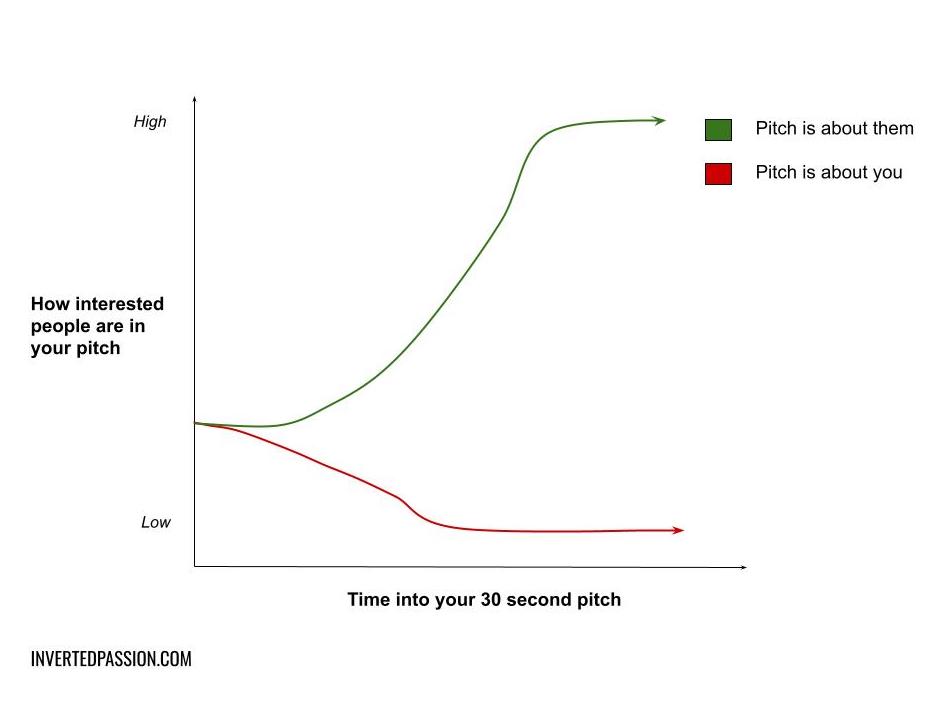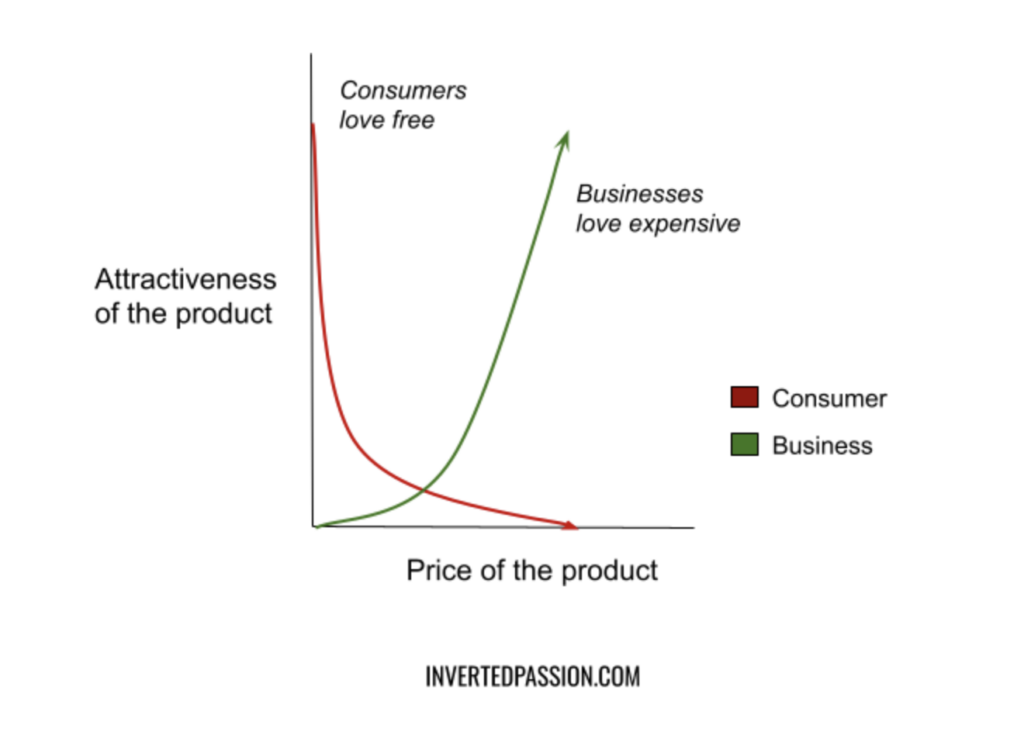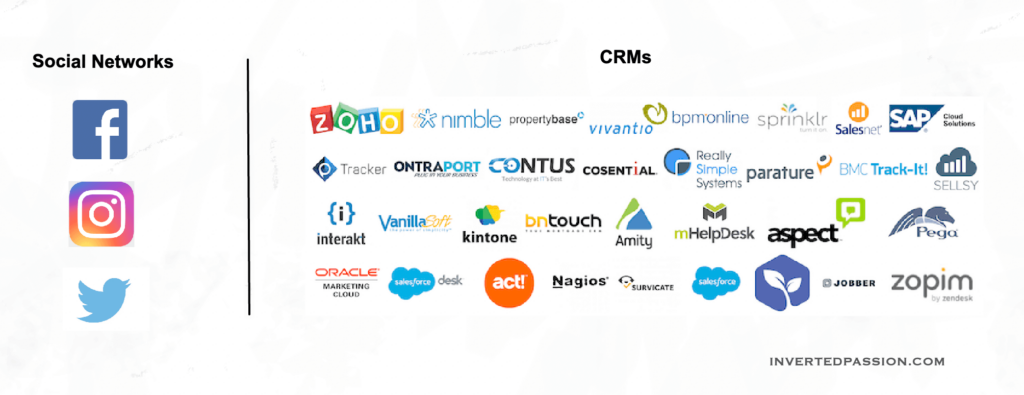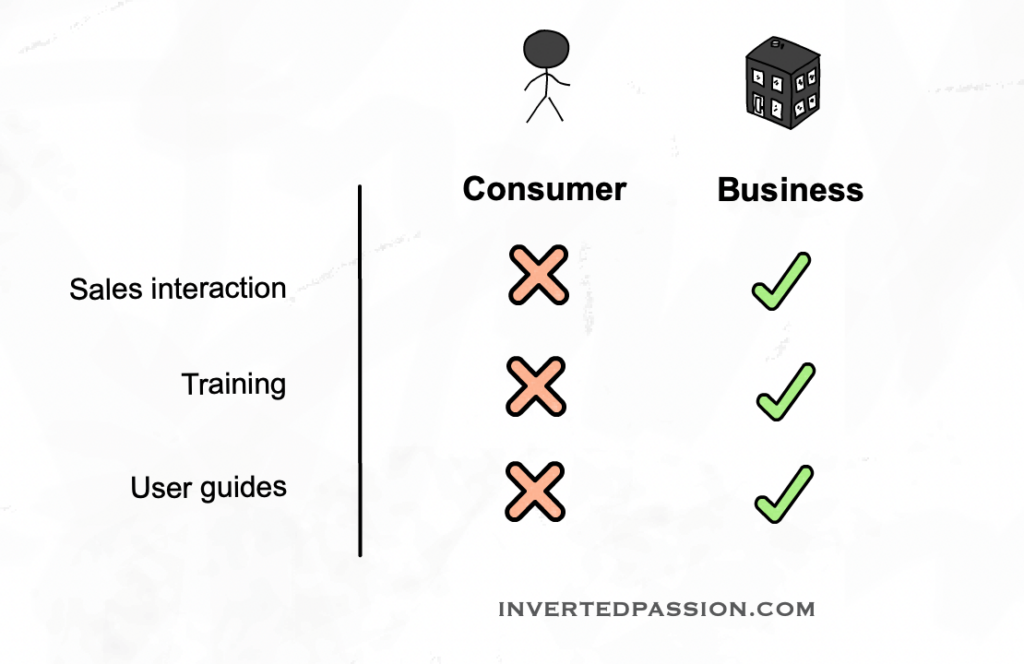1/ Do you know how big companies make decisions? They build scenarios and models on spreadsheets.
They do this because often the decision maker’s job is at stake, so all substantial decisions by that person require justification which is often to be had from numbers.
2/ It’s a myth that big companies don’t take risks. Introducing new products is risky and so is expanding into new geographies. In fact, all decisions are risky in a way. (If they weren’t, no decision is required as it’s simply obvious to all). ...
